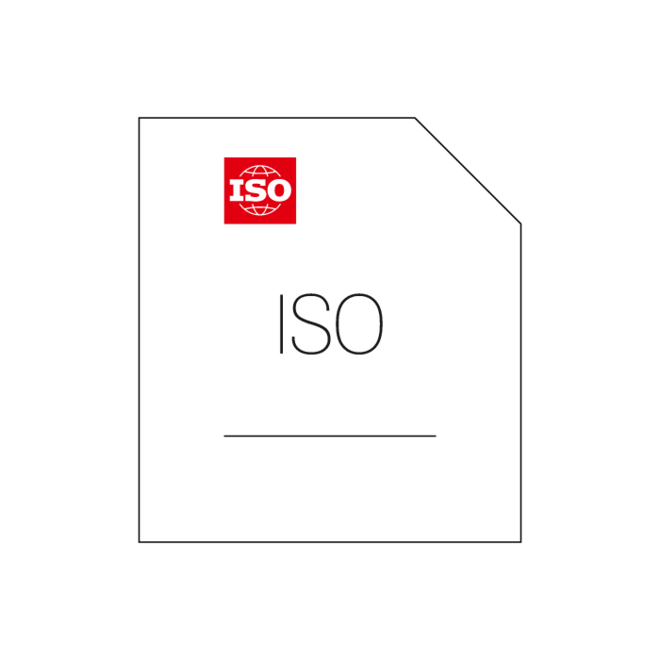

ISO 18562-1:2017
Issue date: 2017 03 13
Biocompatibility evaluation of breathing gas pathways in healthcare applications — Part 1: Evaluation and testing within a risk management process
ISO 18562-1:2017 specifies:
- the general principles governing the biological evaluation within a risk management process of the gas pathways of a medical device, its parts or accessories, which are intended to provide respiratory care or supply substances via the respiratory tract to a patient in all environments;
- the general categorization of gas pathways based on the nature and duration of their contact with the gas stream;
- the evaluation of existing relevant data from all sources;
- the identification of gaps in the available data set on the basis of a risk analysis;
- the identification of additional data sets necessary to analyse the biological safety of the gas pathway;
- the assessment of the biological safety of the gas pathway.
ISO 18562-1:2017 covers general principles regarding biocompatibility assessment of medical device materials, which make up the gas pathway, but does not cover biological hazards arising from any mechanical failure, unless the failure introduces a toxicity risk (e.g. by generating particulates). The other parts of ISO 18562 cover specific tests that address potentially hazardous substances that are added to the respirable gas stream and establish acceptance criteria for these substances.
ISO 18562-1:2017 addresses potential contamination of the gas stream arising from the gas pathways within the medical device, which might then be conducted to the patient.
ISO 18562-1:2017 applies over the expected service life of the medical device in normal use and takes into account the effects of any intended processing or reprocessing.
ISO 18562-1:2017 does not address biological evaluation of the surfaces of medical devices that are in direct contact with the patient. The requirements for direct contact surfaces are found in the ISO 10993 series.
Medical devices, parts or accessories containing gas pathways that are addressed by this document include, but are not limited to, ventilators, anaesthesia workstations (including gas mixers), breathing systems, oxygen conserving equipment, oxygen concentrators, nebulizers, low-pressure hose assemblies, humidifiers, heat and moisture exchangers, respiratory gas monitors, respiration monitors, masks, mouth pieces, resuscitators, breathing tubes, breathing system filters and Y-pieces as well as any breathing accessories intended to be used with such medical devices. The enclosed chamber of an incubator, including the mattress, and the inner surface of an oxygen hood are considered to be gas pathways and are also addressed by this document.
ISO 18562-1:2017 does not address contamination already present in the gas supplied from the gas sources while medical devices are in normal use.
EXAMPLE Contamination arriving at the medical device from gas sources such as medical gas pipeline systems (including the non-return valves in the pipeline outlets), outlets of pressure regulators connected or integral to a medical gas cylinder, or room air taken into the medical device is not addressed by ISO 18562 (all parts).
Future parts might be added to address other relevant aspects of biological testing including additional contamination that might arise from the gas pathway because of the presence of drugs and anaesthetic agents added to the gas stream.
NOTE 1 Some authorities having jurisdiction require evaluation of these risks as part of a biological evaluation.
NOTE 2 This document has been prepared to address the relevant essential principles of safety and performance as indicated in Annex B.


